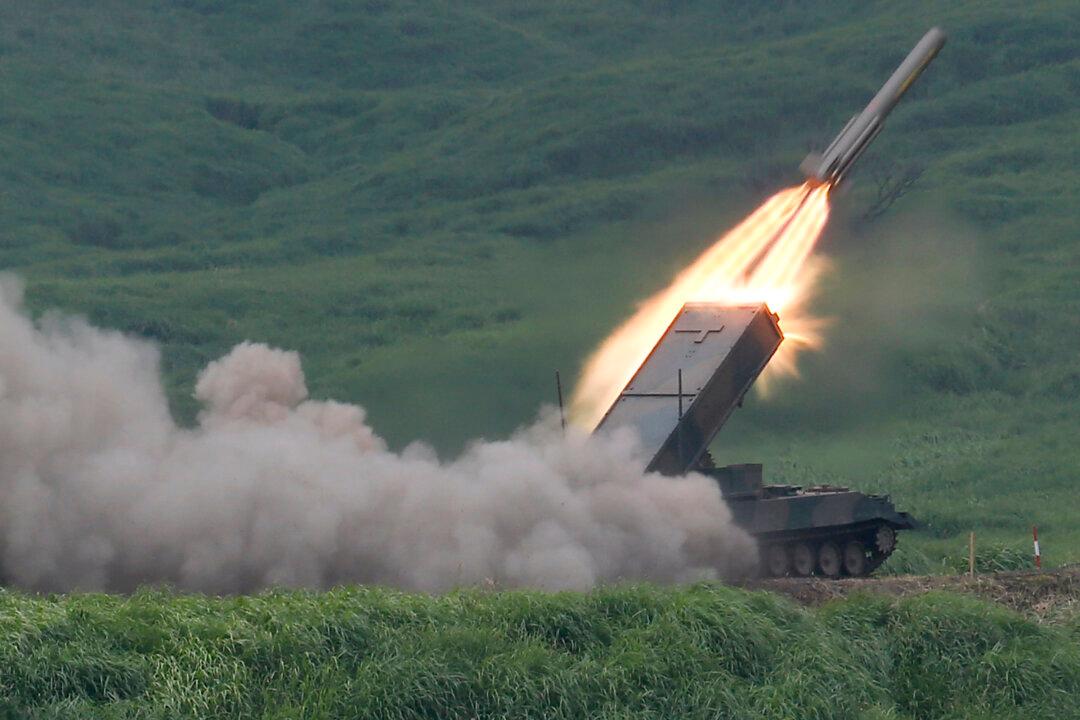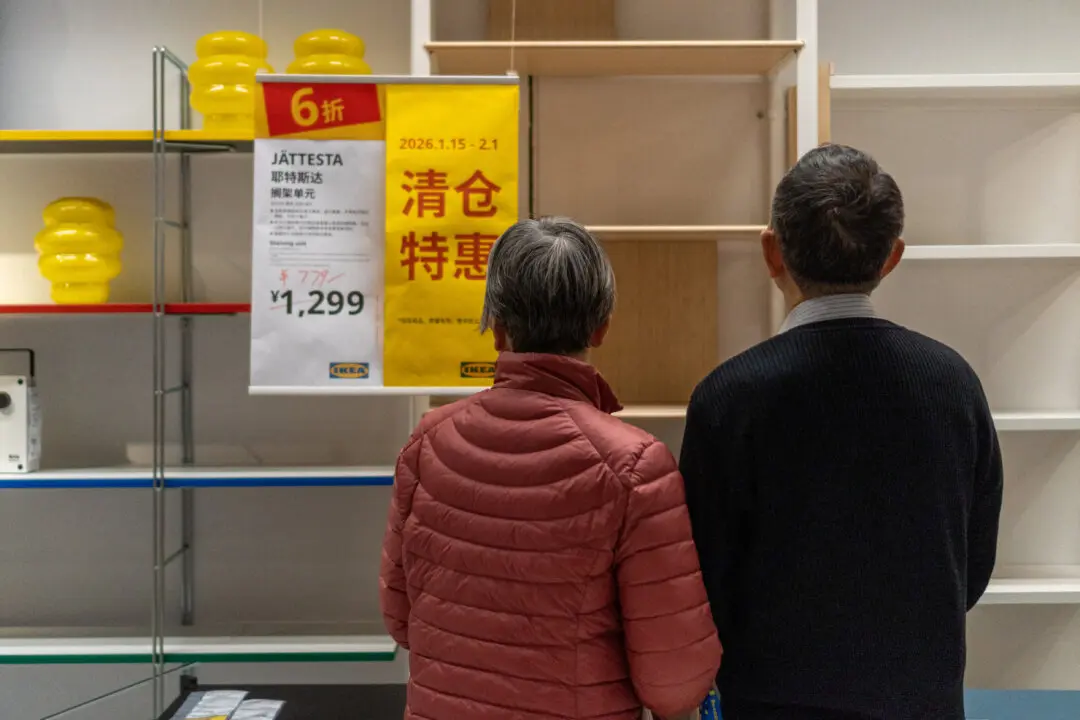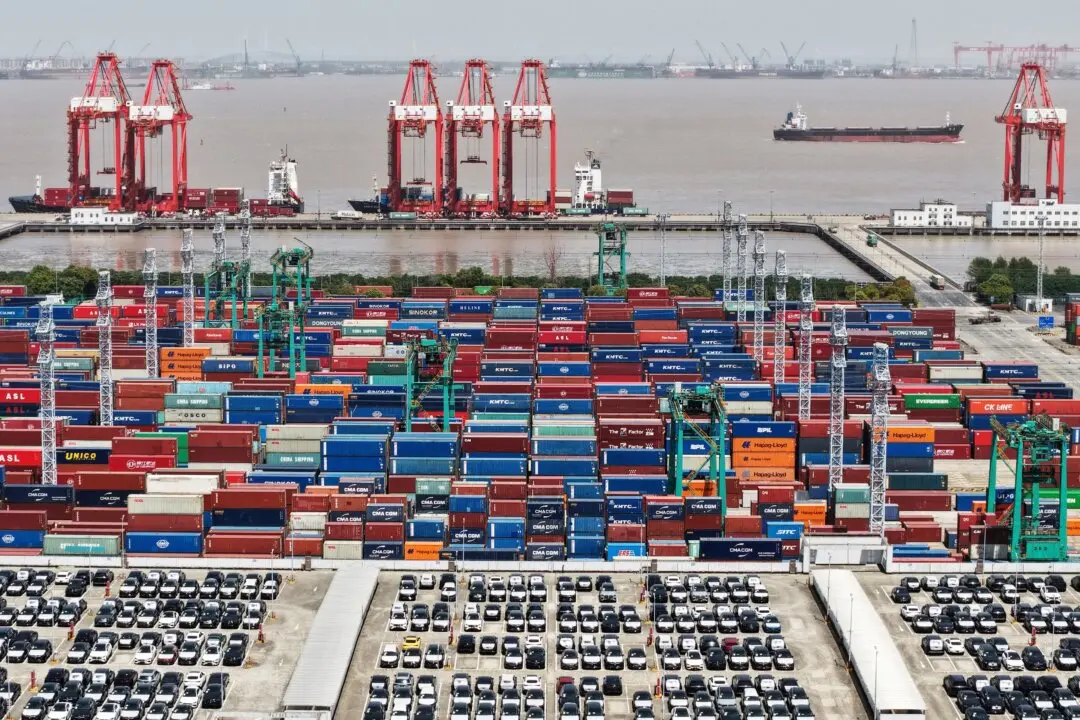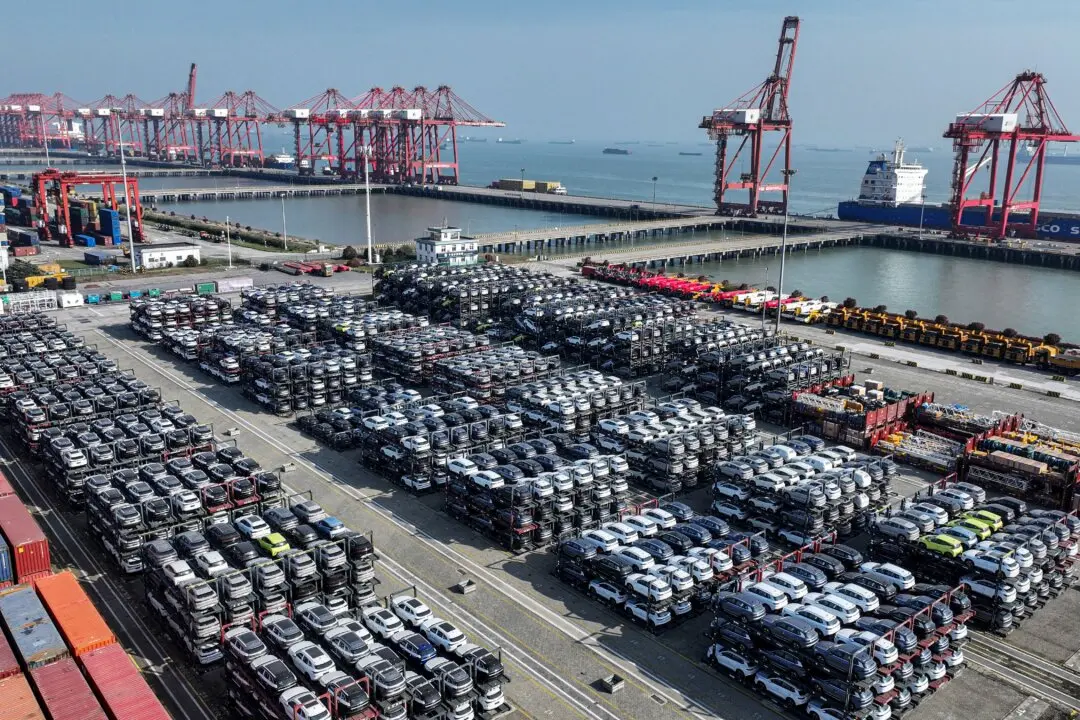A few weeks ago, Japanese Prime Minister Yoshihide Suga met with American President Joe Biden at the White House. It was Biden’s first meeting with another national leader, and it was no accident that he chose Japan. Both men saw it as a way to send Beijing a message. And their joint message was clear. The first and third largest economies in the world are committed to the open global trading system that Beijing is actively trying to deconstruct. Still more pointed was the unmistakable message that the long-standing military alliance between the United States and Japan remains strong and that it will serve America’s intention of remaining an economic, diplomatic, and military power in the Indo-Pacific region. There can be little doubt that China’s leadership paid close attention, though it is far from apparent that their response will change.

The Japan Ground Self-Defense Force's anti-landmine missile is launched during an annual live firing exercise at Higashi Fuji range in Gotemba, southwest of Tokyo, on Aug. 19, 2014. AP Photo/Shizuo Kambayashi
|Updated:
Commentary
Milton Ezrati is a contributing editor at The National Interest, an affiliate of the Center for the Study of Human Capital at the University at Buffalo (SUNY), and chief economist for Vested, a New York-based communications firm. Before joining Vested, he served as chief market strategist and economist for Lord, Abbett & Co. He also writes frequently for City Journal and blogs regularly for Forbes. His latest book is “Thirty Tomorrows: The Next Three Decades of Globalization, Demographics, and How We Will Live.”
Author’s Selected Articles




